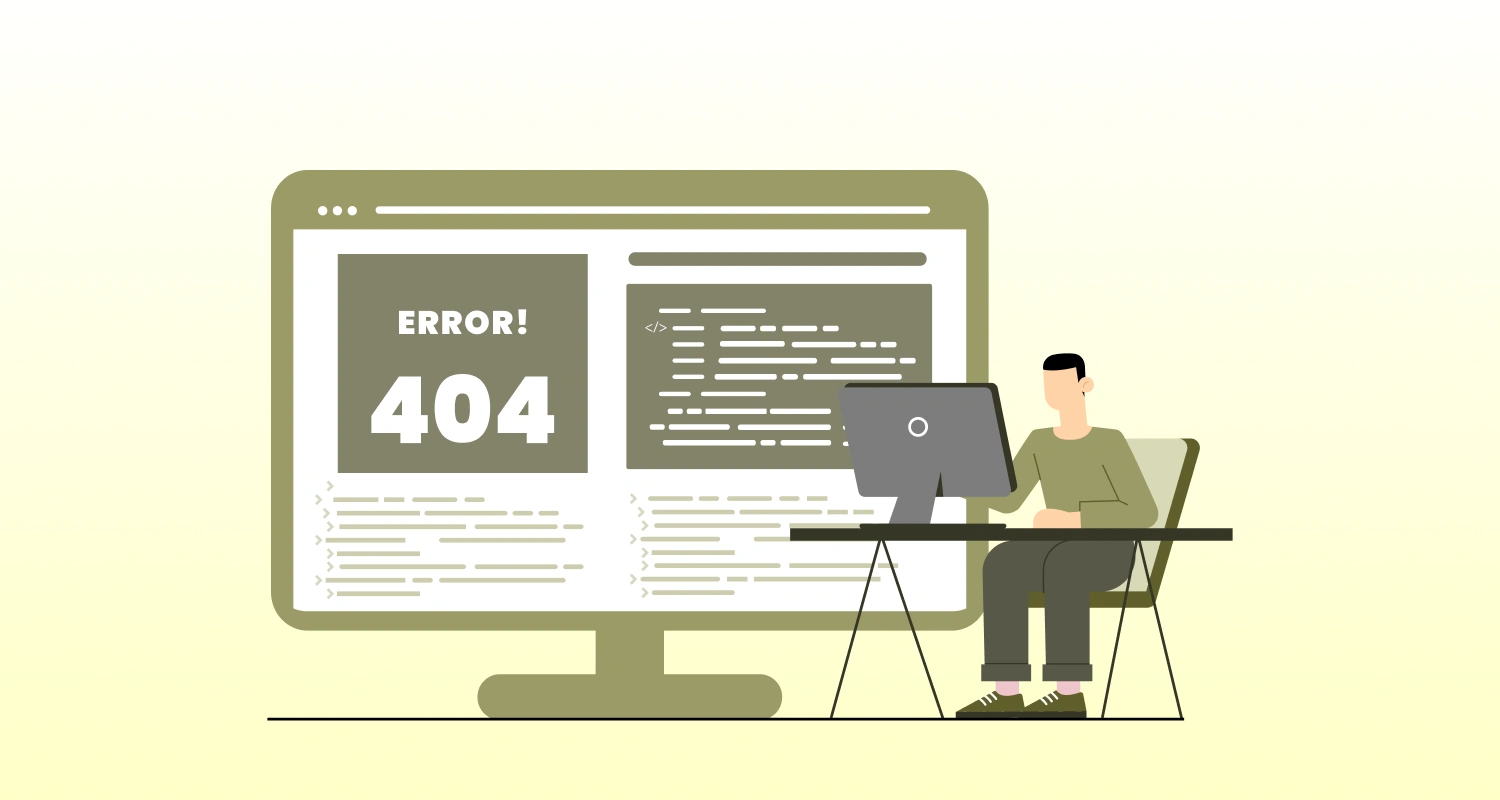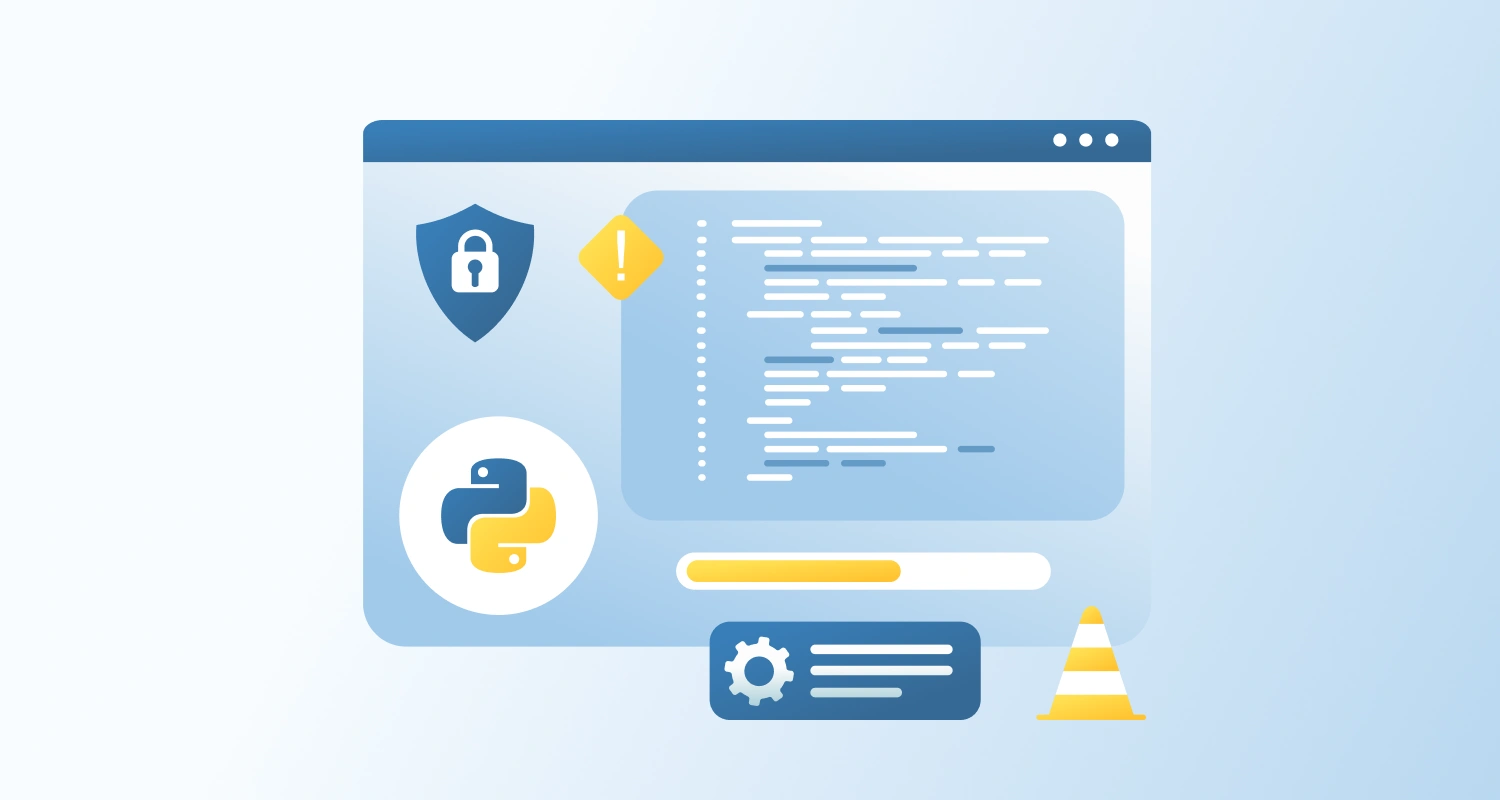Connecting Laravel Jobs with external APIs raises a major concern which is ensuring idempotency. It is the ability to retry operations without causing duplicates or unintended side effects. This becomes especially important when a job is retried after a failure, a timeout, or a connection error.
In this guide, we’ll walk through what idempotency means in Laravel job workflows, how to implement it, and best practices for safely structuring API-driven jobs that are resilient to retries.
What is Idempotency in Laravel Jobs?
Idempotency is the best practices and measures taken to avoid duplicacy, when we perform the same operation multiple times. This is important when Laravel queues retry jobs after a timeout, server error or any other failed connection to a third-party service.
Common scenarios where retries can occur:
- API request times out
- Database temporarily unavailable
- Laravel job unexpectedly crashes
- Network interruptions
If the same job is re-run, it must not trigger double charges, duplicate records, or repeat side effects.
Use Case Example: External Payment API
Let’s say you’re charging a user through an external payment API inside a Laravel Job:
PHP:
class ChargeCustomerJob implements ShouldQueue
{ public function __construct(public $userId, public $amount) {} public function handle() { $user = User::find($this->userId); // Call external payment API $response = Http::post('https://payment-api.com/charge', [ 'user' => $user->email, 'amount' => $this->amount ]); // Update internal record Payment::create([ 'user_id' => $user->id, 'transaction_id' => $response['transaction_id'], 'amount' => $this->amount ]); }
}Problem:
If the job fails or times out after the payment API succeeds, it might retry and charge the user again — leading to a double charge.
How to Make Laravel Jobs Idempotent
There are three key techniques to ensure idempotency in jobs that interact with external APIs:
1. Use an Idempotency Key
Most modern APIs (Stripe, PayPal, etc.) support an idempotency key in the request header or payload. This tells the API: “If you’ve seen this key before, don’t process this again.”
Implementation:
PHP:
// Generate unique key (e.g., using UUID or Job ID)
$idempotencyKey = 'charge:' . $this->userId . ':' . $this->amount;
$response = Http::withHeaders([ 'Idempotency-Key' => $idempotencyKey
])->post('https://payment-api.com/charge', [ 'user' => $user->email, 'amount' => $this->amount
]);This ensures the API won’t charge again if the request is accidentally retried.
2. Store Job Attempts with a Lock
Track whether the operation has already been executed successfully, using a local database record or Laravel Cache lock.
Example with Laravel Cache Lock:
PHP:
public function handle()
{ $lockKey = "payment-lock:{$this->userId}:{$this->amount}"; Cache::lock($lockKey, 10)->get(function () { // Proceed only if this is the first execution if (Payment::where('user_id', $this->userId)->where('amount', $this->amount)->exists()) { return; } // Safe to call external API $response = Http::post('https://payment-api.com/charge', [ 'user' => $user->email, 'amount' => $this->amount ]); Payment::create([ 'user_id' => $this->userId, 'amount' => $this->amount, 'transaction_id' => $response['transaction_id'] ]); });
}This prevents the job from executing if it has already been processed successfully.
3. Use Database-Level Constraints
Ensure the job can’t write duplicate records by adding unique constraints on critical fields in the database.
Example: Add Unique Index in Migration
PHP:
Schema::create('payments', function (Blueprint $table) { $table->id(); $table->unsignedBigInteger('user_id'); $table->string('transaction_id')->unique(); $table->decimal('amount', 10, 2);
});If the job tries to insert a duplicate transaction, the database will throw an error, which Laravel can catch and handle gracefully.
Best Practices for Structuring Idempotent Laravel Jobs
| Practice | Description |
| Use Idempotency Keys | Always provide unique request identifiers when supported by APIs |
| Record External Transaction IDs | Log API transaction or response ID to detect duplicates |
| Catch and Suppress Duplicate Exceptions | Gracefully catch “duplicate entry” DB errors in your jobs |
| Use Laravel Cache Locks | Prevent race conditions and repeated execution with short-lived locks |
| Set Max Job Attempts & Delay | Avoid infinite retries with public $tries = 3 and public $backoff = 5 |
Bonus: Making Laravel Jobs Retryable but Safe
PHP:
class ChargeCustomerJob implements ShouldQueue
{ public $tries = 3; public $backoff = 5; public function handle() { try { // Idempotent API call with unique key // Idempotent DB insert with transaction ID } catch (\Throwable $e) { // Log and fail gracefully Log::error('Job failed: ' . $e->getMessage()); throw $e; } }
}Final Thoughts
Handling idempotency is essential when retrying Laravel jobs that communicate with external systems. By combining API idempotency keys, database constraints, and Laravel’s cache or job system, you can build robust, fault-tolerant workflows that are safe to retry without introducing errors or side effects.





